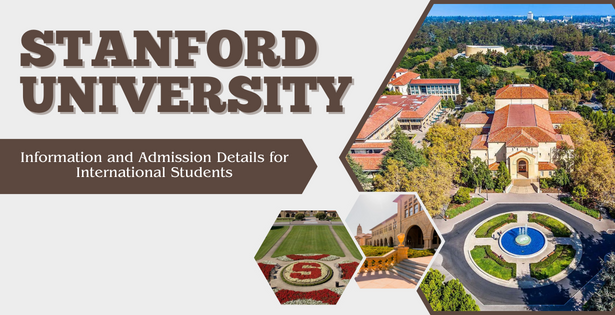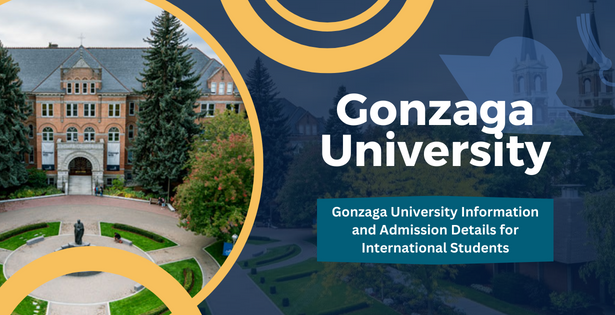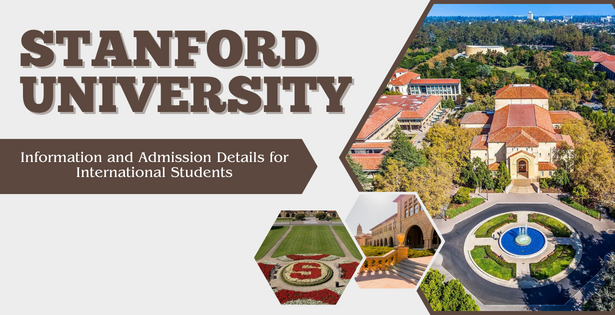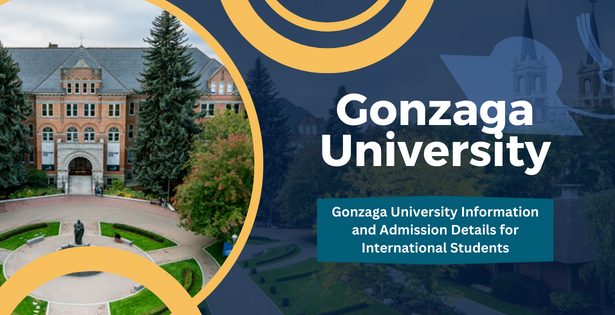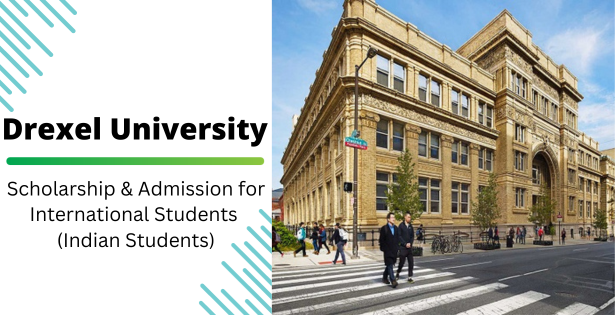Defence Institute of Advanced Technology (DIAT) is the premier engineering training institute under the Department of Defence Research & Development, Ministry of Defence, Government of India. DIAT (DU) is specialized in the training of officers of Defence Research Organizations, IOFS (Indian Ordnance Factories), Defence PSUs (Like Hindustan Aeronautics Limited, Bharat Electronics, Bharat Dynamics Limited), ship building agencies like Garden Reach Shipbuilders & Engineers, Cochin and Goa Shipyards, Mazagon Dock Shipbuilders and armed forces of friendly countries (like Sri Lanka and Afghanistan,) and other central and state government agencies. Ministry of Human Resource Development, Government of India has placed DIAT in Category 'A' Deemed University & accredited by National Assessment and Accreditation Council and National Board of Accreditation. During the last few years, researchers in DIAT have filed more than 50 patent applications with Indian Patent Office and published more than 2000 papers in various journals of International repute.
History
Indian Armament Studies, later renamed as Institute of Armament Technology (now Defence Institute of Advanced Technology - DIAT) is founded by Patrick Blackett (Nobel Laureate-Physics-1948) and Daulat Singh Kothari (Padma Bushan & Padma Vibhushan) on 1952. Patrick Blackett was a Nobel Laureate (Physics-1948) and a Military Expert, Royal British Navy was invited by Jawahar Lal Nehru, the first Prime Minister of India to 'Indianize the military' during 1950s. Blackett was awarded the Royal Medal by the Royal Society in 1940 and the American Medal for Merit in 1946. Patrick Blackett was Head of the Physics Department of Imperial College London . The current Physics department building of Imperial College is named the Blackett Laboratory. Daulat Singh Kothari (Padma Bushan & Padma Vibhushan), Scientific Advisor to Ministry of Defence, Government of India is an Outstanding Physicist, Educationalist and considered as the Architect of Defence Science in India. Founder of most of the DRDO labs in India i.e. Naval Dockyard Laboratory (later renamed Naval Chemical and Metallurgical Laboratory), Mumbai, Indian Naval Physical Laboratory, Kochi, Centre for Fire Research, Delhi, Solid State Physics Laboratory, Delhi, Defence Food Research Laboratory, Mysore, Defence Institute of Physiology and Allied Sciences, Chennai, Directorate of Psychological Research, New Delhi, Defence Electronics Research Laboratory, Hyderabad, Scientific Evaluation Group, Delhi, Terminal Ballistic Research Laboratory, Chandigarh. D S Kothari Played a crucial role in setting up of UGC and NCERT. A.P.J. Abdul Kalam in his recent book, Ignited Minds: Unleashing the Power Within India. wrote, “Dr. D.S. Kothari, a professor at Delhi University, was an outstanding physicist and astrophysicist. He is well-known for ionisation of matter by pressure in cold compact object like planets. This theory is complementary to the epoch making theory of thermal ionisation of his guru, Maghnad Saha. Dr. D.S. Kothari set a scientific tradition in Indian defence tasks when he became Scientific Advisor to Defence Minister in 1948. The first thing he did was to establish the Defence Science Centre to do research in electronic materials, nuclear medicine and ballistic science. Dr. DS Kothari and Dr. P Blackett worked together in Cavendish Laboratory, Cambridge University under the guidance of Ernst Rutherford, the Father of Nuclear physics. In 1967, Indian Armament Studies was renamed as "Institute of Armament Technology" (IAT), which moved to its present location at Girinagar, Pune. From the relatively narrow scope of Armament Studies alone in the Fifties, the role of the institute was considerably enlarged by the Defence R&D Council in 1964 and further in 1981. On the basis of accreditation by the All India Council of Technical Education (AICTE), Pune University recognised eight courses for the award of ME degree in 1980. In the year 2000, the institute acquired the status of a Deemed University. IAT has been renamed as DIAT w.e.f. 1 April 2006. DIAT ranked 35th position (under University category) in the Nation's first National Institutional Ranking Framework introduced by the Ministry of Education during 2016. DIAT is supported by 52 laboratories of Defence Research & Development Organization, Defence PSUs and Indian Armed Forces to conduct collaborative research works and to validate, assess various innovative technologies developed by its students and researchers.
Courses
DIAT is engaged in imparting technical education, in niche areas at PG (MTech) & PhD levels over the last 60 years, in its various forms & capacities. The main focus of the institute is to develop indigenous contemporary defence-related technologies. The university is spread over 496 acres. In order to meet the specific and futuristic training requirements of Armed Forces, DIAT (DU) was bifurcated to form Military Institute of Technology (MILIT), Pune which is an inter-service institution of Integrated Defence Staff, an organisation responsible for fostering coordination and enabling prioritisation across the different branches of the Indian Armed Forces. MILIT trains officers of the three Services of Indian Armed Forces which are Army, Navy, Air Force and officers from friendly foreign countries for command and staff appointments. It conducts short term certificate courses (TTC, TSOC) for the Officers of the Three services. Recently DIAT started certification program in the Area of Cybersecurity and Artificial Intelligence & Machine Learning, the selection to this course will be based on DIAT Entrance Exam, the duration of this intensive training program last around 3 months.
(Source:- https://en.wikipedia.org/wiki/Defence_Institute_of_Advanced_Technology)
Update Information & Earn INR 200
_testprepkart_61c307ce1ace5.png)
_testprepkart_61c307db89be2.png)

